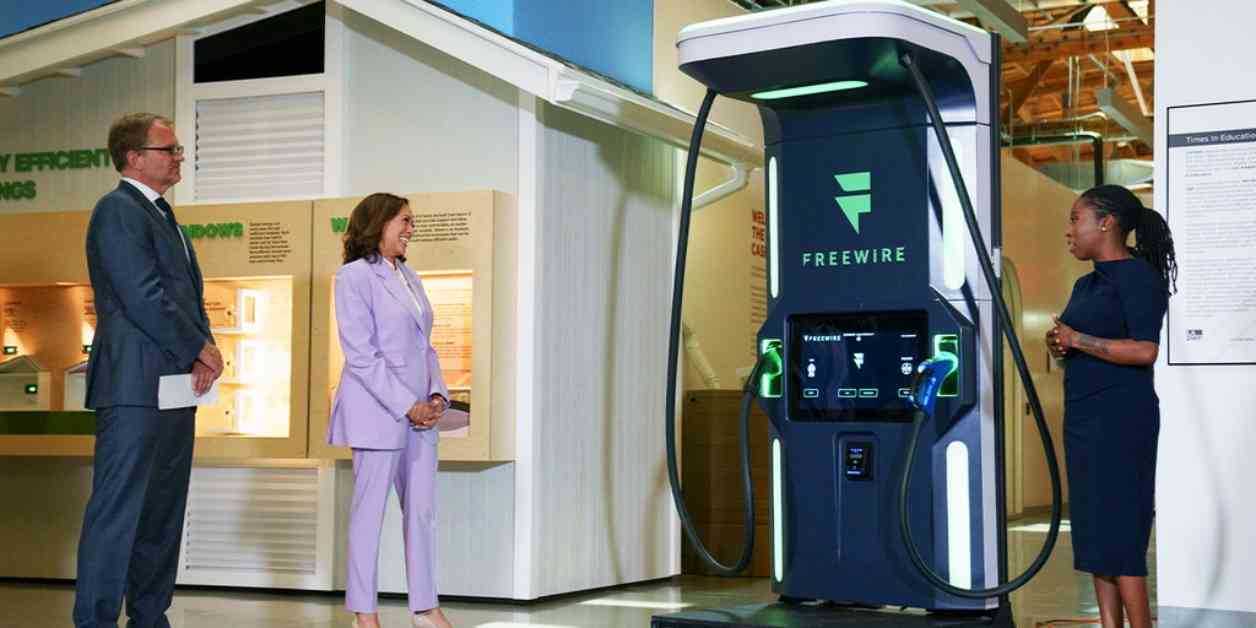Vice President Harris often talks about her goal to strengthen the middle class, but the Biden administration’s push for an electric vehicle mandate may not align with the financial realities of many middle-class Americans. Harris has emphasized the importance of investing in areas like manufacturing, housing, healthcare, education, small businesses, and communities to boost the economy and support the middle class.
While Harris initially expressed opposition to mandating electric vehicles, the Biden-Harris administration is currently advocating for a rule that would require up to two-thirds of new car sales to be electric by 2032. Economist Stephen Moore argues that the high cost of electric vehicles, which can reach up to $80,000, makes them unaffordable for many middle-class individuals, even with a tax credit of up to $7,500.
The average middle-class American earns around $80,610 annually, according to the U.S. Census Bureau, making the average cost of an electric vehicle out of reach for many. Surveys have shown that only a small percentage of middle-income Americans currently own an electric vehicle, with many citing cost as a barrier to adoption.
While electric vehicles offer benefits like a superior driving experience, quieter operation, and potential cost savings, factors like access to charging infrastructure can limit their practicality for middle-class households. Electric Vehicle Association Board of Directors member John Higham highlighted the importance of charging infrastructure in determining the feasibility of electric vehicles for individual households.
As the Biden-Harris administration continues to push for electric vehicle mandates, questions remain about the impact on the middle class and their ability to afford and adopt electric vehicles. The potential financial burden of transitioning to electric vehicles raises concerns about accessibility and affordability for middle-class Americans, prompting further discussion and debate on the issue.


















